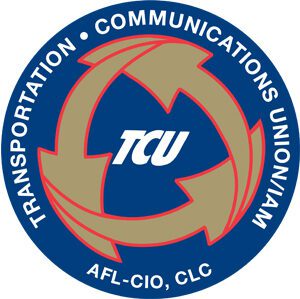The United States Government Accountability Office (GAO) just issued its second review of the Railroad Retirement Board Occupational Disability Program. And once again it found no problems.
“This was a major accomplishment for rail labor,” says TCU President Bob Scardelletti. “Occupational Disability is a vitally important program for members who need it. It’s the best in the country, and this Report will help keep it that way.”
The increased government attention on Occupational Disability began when New York politicians and newspapers began a full scale campaign targeting Long Island Rail Road workers’ alleged abuse of the program. After extensive scandalous press reports, public hearings, wild allegations, and a congressionally requested GAO investigation, no improprieties were found.
The Railroad Retirement Board did institute some oversight measures specific to Long Island Rail Road to make sure that no abuses were occurring, reflecting the fact that the rate of applications for occupational disability were higher than on any other railroad. But these oversight procedures wound up finding that all Long Island applications that were approved were properly reviewed, legitimate and in accordance with existing law and regulations. And that fact was endorsed by the first GAO audit of Long Island Rail Road claims in a report released in September, 2009.
Not satisfied with the GAO’s findings, two Republican Congressman – John Mica of Florida and Bill Shuster of Pennsylvania – on March 18, 2009 formally requested the GAO to “conduct a systematic review of RRB’s occupational disability program”, not just limited to Long Island Rail Road.
The Congressmen’ request prompted yet another GAO review of the occupational disability program. In their just-issued response to the two Congressmen, the GAO reported they found no improprieties and made no recommendations.
“Once again efforts to find fault with the occupational disability have come up empty,” says President Scardelletti. “That’s because the program is functioning as it was intended – to be a last resort for rail workers who because of illness or injury can no longer perform their jobs. It is a necessary benefit and it is not abused by those who unfortunately must apply for it. We will continue to do everything in our power to preserve it as is.”

